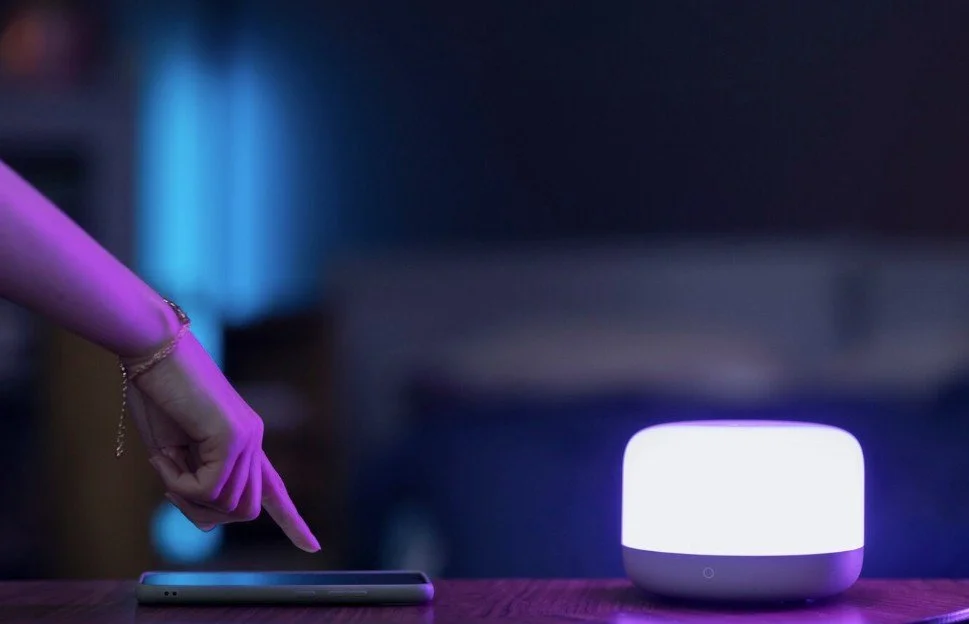The Rise of Smart Furniture and Automated Home Décor: How AI is Shaping the Future of Interior Design
Introduction
Interior design is no longer just about aesthetics—it’s about intelligence, efficiency, and personalisation. Whether you're searching for an interior designer in Cambridge, a contemporary interior designer, or simply the best designer near you, understanding the impact of AI-driven home automation and smart furniture can transform your approach to modern living.
From AI-powered furniture that adapts to your needs to automated home décor that enhances comfort and efficiency, technology is revolutionising the way we design and experience our spaces. This blog explores how AI home automation and tech-driven interiors are shaping the future of interior design.
1. The Evolution of Smart Furniture
Smart furniture integrates technology to enhance functionality, convenience, and style. Examples include:
AI-powered recliners that adjust based on posture.
Smart desks with built-in charging ports and ergonomic adjustments.
Modular furniture that adapts to different spaces and needs.
These innovations not only improve comfort but also optimise space utilisation, making them ideal for modern homes.
2. AI’s Role in Home Automation
AI-driven home automation is transforming interior design by offering:
Smart lighting systems that adjust brightness based on mood and time of day.
AI-powered climate control for energy efficiency and personalized comfort.
Automated security systems that enhance safety with facial recognition and predictive analytics.
These advancements create a seamless living experience, where technology anticipates and adapts to individual preferences.
For further advice and ideas about how to achieve the most effective lighting scheme, check out our guide on: Interiors Lighting Design and How to Improve Furnishing with Light?
3. The Fusion of AI and Interior Design
AI is revolutionising interior design by:
Personalizing décor choices based on user preferences and lifestyle.
Predicting design trends using data analytics.
Enhancing virtual interior design tools that allow homeowners to visualize spaces before making changes.
With AI-powered recommendations, homeowners can make informed decisions that align with their style and functional needs.
4. Sustainability and Efficiency
AI-driven smart furniture and home automation contribute to sustainability by:
Optimizing energy consumption through intelligent climate control.
Reducing waste with AI-assisted material selection.
Encouraging eco-friendly designs that prioritize durability and efficiency.
As sustainability becomes a priority, AI is playing a crucial role in creating environmentally responsible interiors.
For further advice and ideas about sustainability, well-being and interior, check out our guide on: How does a Residential Interior Designer in Cambridgeshire contribute to your Well-being in Modern Living Spaces?
5. The Future of AI-Integrated Homes
The future of interior design is tech-driven, personalised, and sustainable. Emerging trends include:
AI-powered home assistants that provide real-time design suggestions.
Smart mirrors with built-in virtual styling features.
Automated furniture that adjusts based on user behaviour and needs.
As AI continues to evolve, the possibilities for smart interiors are limitless.
Conclusion
The integration of AI in interior design is reshaping homes into intelligent, adaptive spaces. Whether you're looking for an interior designer in Cambridge, a contemporary interior designer, or simply the best designer near you, embracing AI-driven smart furniture and home automation can elevate your living experience.
By combining technology, sustainability, and personalisation, AI is setting the stage for the future of interior design—one where homes are not just beautiful but also intuitive and efficient.
Consult an expert interior designer near you today!


